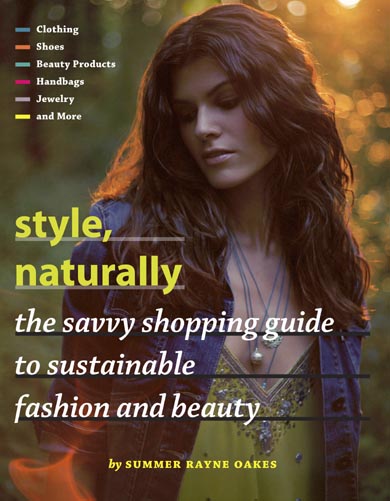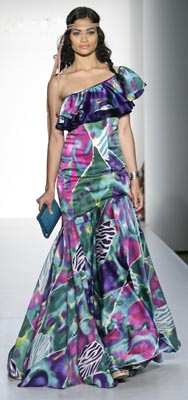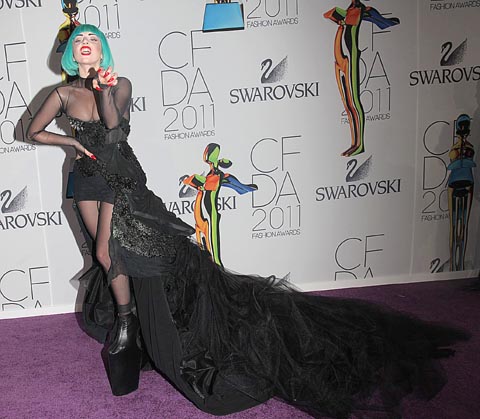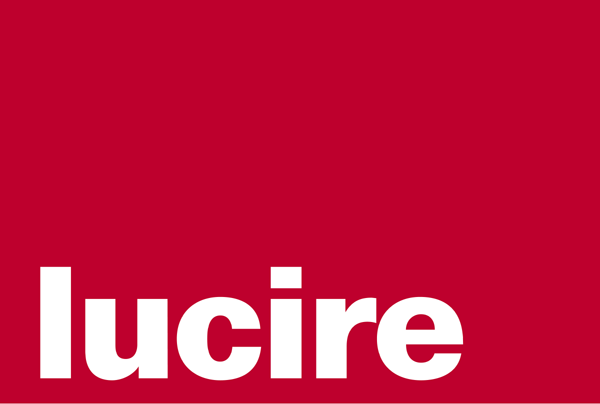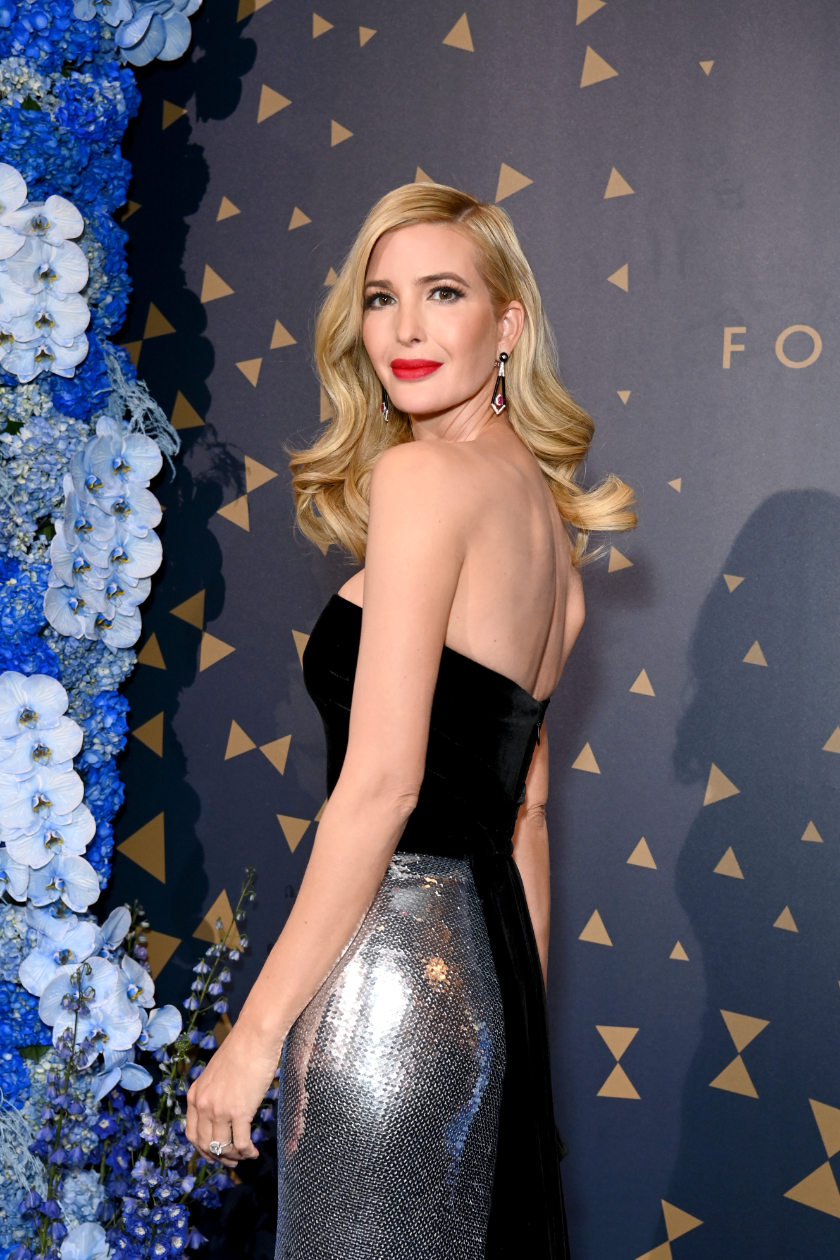
Jon Kopaloff
Above: Ivanka Trump at the Fontainebleau Las Vegas opening. Given her father’s lies and legal woes, and her own role as a former White House adviser, how do you cover her presence?
In these strange times, your instincts don’t always inform you of what to do when it comes to press coverage about certain people. We’ve usually approached things from a ‘We report, you decide’ perspective (sorry to use that slogan). But should we point out that our Fontainebleau Las Vegas story features a former US First Daughter trying to rehabilitate her image, a host from an entertainment channel serving up fictions under the guise of news, and a milliardaire industrialist who happens to be a climate change denier?
Should we be more overt? Climate change is nothing to be sneezed at, and whether you believe it is human-made or not, humans aren’t helping. We have a commitment to the United Nations Environment Programme to highlight relevant issues, and this topic more than qualifies. Hence we are proud to promote sustainable labels and those who contribute positively to the environment. In this title, there is no room for climate change denial. We are in a climate emergency, with some countries feeling it more than others.
Strypey on the NZOSS Mastodon instance linked to an excellent piece by Douglas Rushkoff, who must be one of the best commentators on technology’s impact on society. His latest work is Survival of the Richest: Escape Fantasies of the Tech Billionaires, and I imagine this story in The Guardian is either taken from, or relates to, that book.
I don’t like quoting from concluding paragraphs, as I think it is a disservice to the author as they lead up to those points, but I will take one pertinent sentence without spoiling the rest. When it comes to Big Tech bosses, Rushkoff writes, ‘Instead of emulating them, we should first laugh at them, and then dismiss them.’ Editorially, it is largely the position we have taken. Their utterings have no impact on our lives or those of our readers. And since what they say runs counter to what is objectively the truth, then there is no point to reporting it.
In a similar vein, in our Las Vegas story, it’s enough to say these people were present. We don’t feature them espousing viewpoints or fantasies. If they are controversial, then not reporting their fictions minimizes their impact. Like them or hate them, they’re amongst the crowd of VIPs, and we’re offering a snapshot of society. Certain politicians were also mentioned, and being neither Nevadan nor American, we had no idea what their affiliations are (though we since researched it). Treat it as a warning of society’s direction if you must, and the United States is certainly not alone in having precarious politics right now.
Harvey Weinstein was at plenty of Cannes parties we’ve covered, and we haven’t gone back to delete the stories. It happened, and we may as well know where some of his alleged crimes took place, lest a similar situation arise. We featured Jane Fonda on the red carpet much to the irritation of one reader who felt compelled to write to us because of her conduct during the Vietnam War. I think we genuinely fall into the ‘We report, you decide’ space. You decide whether to support the companies they represent. We make a judgement on the appropriate level of reporting.
And when we do take a stance on a person—such as Julian Assange or Sir Philip Green—we make it very clear why. Politics rarely comes into the reasoning, even if politicians might be mentioned as they wormed their way into the dialogue through their conduct. This quote, attributed to Sally Claire, is instructive: ‘If someone says it’s raining, and another person says it’s dry, it’s not your job to quote them both. Your job is to look out the f***ing window and find out which is true.’ Which should mean, we hope, that we do not fall into the delusions that The New York Times once held, as cited below.
Jack Yan is founder and publisher of Lucire.

